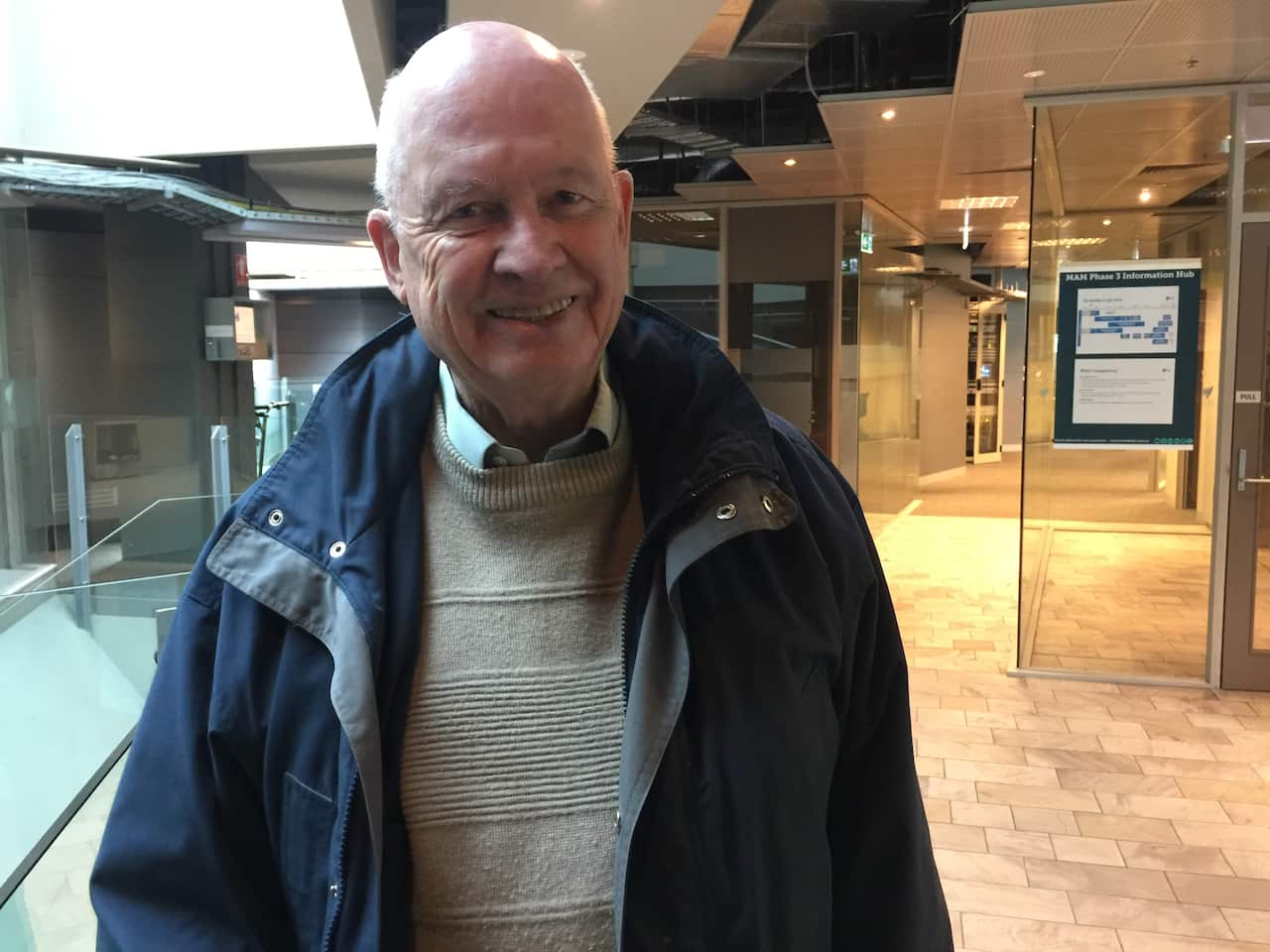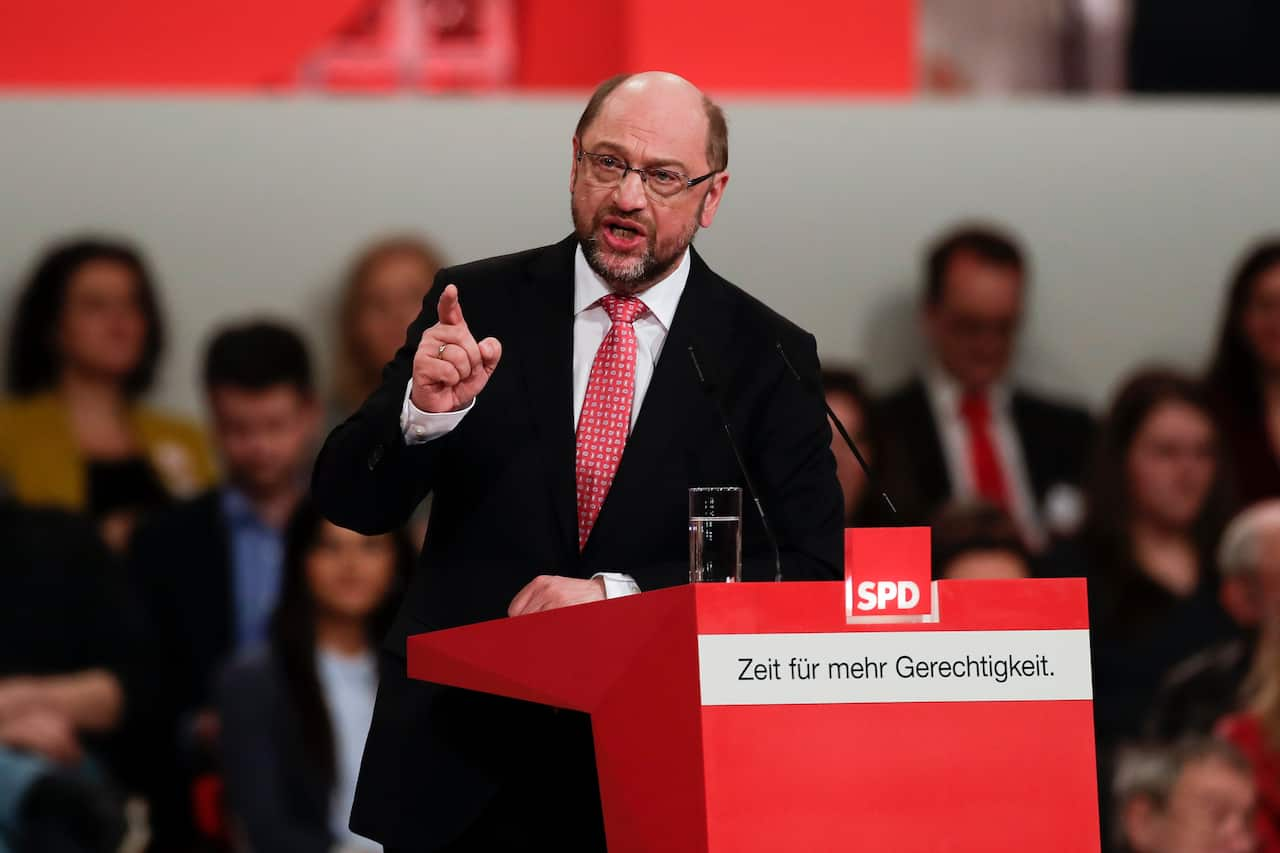Voters find it increasingly difficult to distinguish between parties and their policies
Consistent with the current political trend, Germany is being confronted with a new reality; fewer voters are remaining loyal to one party.
SBS German examines voters´ preferences based on Germany's largest political parties.
Dr Andreas Klee is a political scientist at the University of Bremen in the country's north.
He says recent state elections in Germany have disclosed two phenomenon which scientists have been investigating for a while.
"Firstly, more and more voters stay at home. The number of those have increased significantly in recent times. Secondly, we see more and more voters floating. From extreme left to right for example. That's an extraordinary development. It happens, because people find it increasingly difficult to distinguish between the parties and their policies."

Personality has become more important than a party policy
The "Union", an alliance of the Christian Democratic Union (CDU) and the Christian Social Union in Bavaria (CSU), has formed the government since 2005.
In the current election campaign, the party has appealed to those who favour continuity, such as Melbourne-based SBS listener Jens Mohr, a former CEO of Hoechst Australia. "Chancellor Merkel has done an excellent job", he says.
The party's leader, Angela Merkel, is another major asset for the party. In times where more voters make decisions based on personalities, rather than a party's values or policies.
"Despite all kind of problems, Merkel manages to lead the country extraordinarily well. This creates confidence in my eyes", says CDU-voter Jens Mohr, who participates in the country's postal vote.
"The Christian Democrats can also still rely on those from established middle and upper classes", Prof Klee says.

It's widely quoted throughout Germany's media that younger voters get behind "the mother of the nation". After being in power for twelve years, Ms Merkel has been the only Chancellor younger Germans have known.
"I wouldn't agree here", Prof Klee points out. "Particularly amongst younger voters, we can see a strong resistance to established parties."
19-year-old German Timo Ruhnau is one of them. SBS German met him during his gap year in Charters Towers (QLD).
"I don't want to see a continuation of Merkel's chancellorship. I want someone else."
The first-time voter, like many others, is also keen to ensure that the election is a true reflection of his country's preference for a leader. "I am going to use the postal vote and I hope many Germans make use of their right to vote. In times of Trump, Erdogan or the 'Alternative for Germany' it's crucial to realise how important politics is."

The German Social Democrats have lost their core voters
While the conservative Union party, which is predicted to have a clear win on the 24th of September, can rely on their loyal core voters, their junior coalition partner, the German Social Democrats (SDP) do not have this luxury.
"Previous voters are no longer a safe bet for the SPD", Prof Andreas Klee explains. "They are not able to define a stable constituency anymore."
Anica Niepraschk from Melbourne is a good example. Being a former SPD party member back in Germany, Anica joined the Greens in Australia. "Both social and environmental issues are crucial for me. That's why I am going to vote for the Green party", the German citizen explains.
The remaining voters loyal to the Social Democrats, either pin their hopes on candidate Martin Schulz or stick to their traditional voting patterns, according to Prof Klee - which is to vote for the SPD regardless of the current candidate.

The far right and far left parties attract dissatisfied voters
Those who feel disengaged with the major political parties, tend to favour rather extreme directions. Germany is not immune from this phenomenon.
The "Alternative for Germany" (AfD) is considered fairly right while "The Left Party" sits at the left side of the country's political spectrum.
"Both parties will get people behind them, who consider themselves neglected by society and its institutions", Klee explains.
"While the AfD was initially more of a moderate right-wing party, they quickly attracted far-right sympathizers as well", says Dirk Kurbjuweit, deputy editor-in-chief of the political magazine "DER SPIEGEL" during a visit to Melbourne.
"Polls predict around seven per cent for the AfD but I do expect more. There's a momentum of silence. Not everyone likes to be seen speaking out publicly for the AfD."

Preventing Germany from a new Grand Coalition is an incentive for some
The Free Democratic Party (FDP) performed well in recent state elections. North Rhine-Westphalia, a state of nearly 18 million people, has seen the FDP reaching 12.6 per cent at the state's election in May 2017.
"The party is quite hopeful ever since. Especially about attracting those voters who consider themselves still indecisive", says Prof Andreas Klee. Current polls see the FDP reaching third place, behind the "Union" and the Social Democrats.
The liberal party also attracts voters whose main incentive is to prevent Germany from another Grand Coalition. "To give a third party enough power, so that other coalitions become possible, is another main reason for supporting the FDP", Klee explains.
Traditionally, the party is favoured by entrepreneurs and high income earners.
Green voters are relatively loyal
"Voters from the Green Party commonly have an academic and financially secure background", Dr Klee says.
Compared to other types of voters they can be considered fairly loyal.
SBS German spoke to a Green voter from Melbourne, musician Niko Schäuble. "I have voted Green my entire life. It started 30 years ago with some kind of revolutionary thinking. We wanted to make a difference by supporting issues such as demanding an end to nuclear energy. Today, I believe the party is still able to make a difference. That's why they have my support once again."
On a side note, Niko has another connection to the Greens, being a former chemistry student of Winfried Kretschmann, the first Green who became Prime Minister of a state, Baden-Württemberg in 2011.
Follow SBS German's special coverage of the upcoming election - on radio, online and Facebook.
